Since its inception in December 2019, the Covid-19 virus has led to a lot of conspiracy theories and fake news. From Coronavirus being spread through drinking saanp ka soup to it being a biological weapon to China conspiring against the whole world.
The Internet has become a hub of misinformation, disinformation and fake news. While the governments are focusing on curbing the spread, there’s also a need to curb the spread of this misinformation. What’s better than Wikipedia to start it?
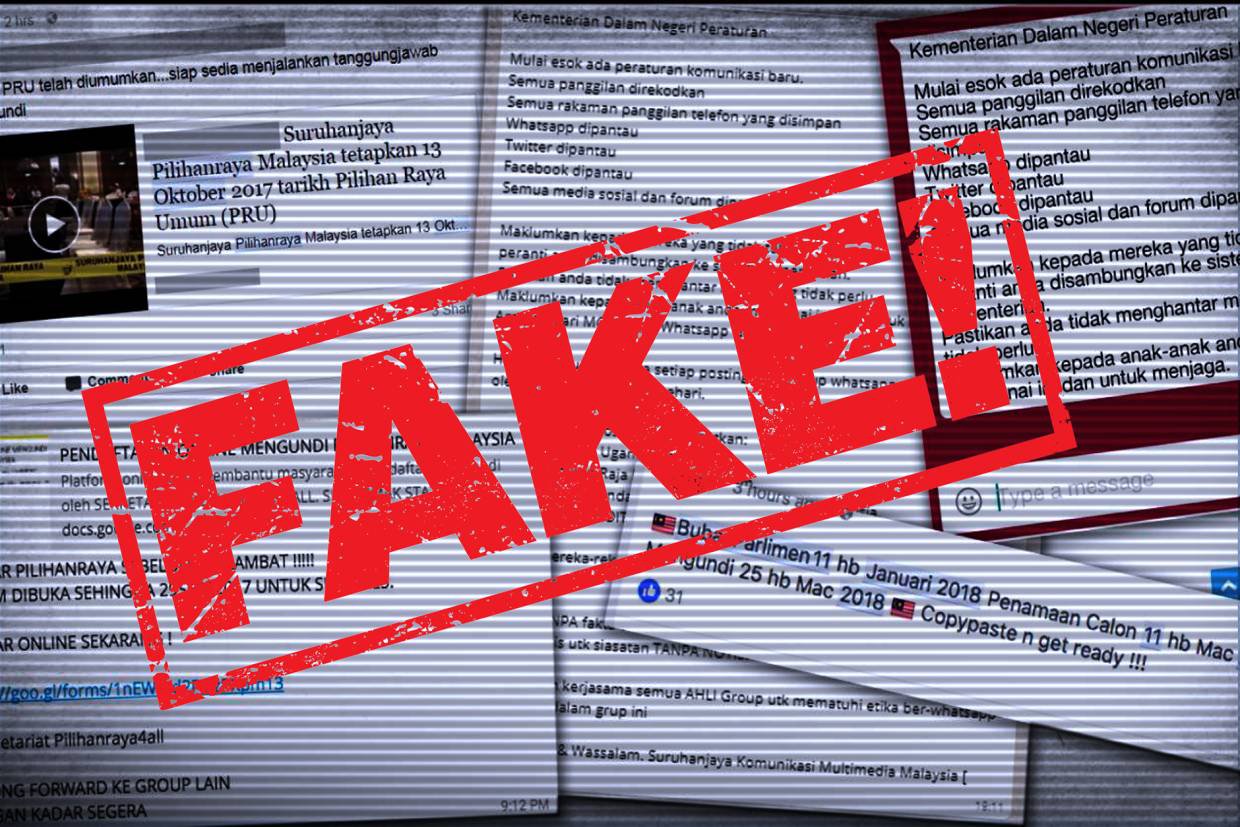
Wikipedia’s new project SWASTHA aims to fight against this pool of fake news. There are close to 10 lakh people reading one article a day on Wikipedia. Since Wikipedia last month started providing Covid-19 information in as many as nine Indian languages including Hindi, Bangla, Tamil, Bhojpuri, Arabic, Kannada, Malayalam, Telugu and Urdu, its readership has also become vast.
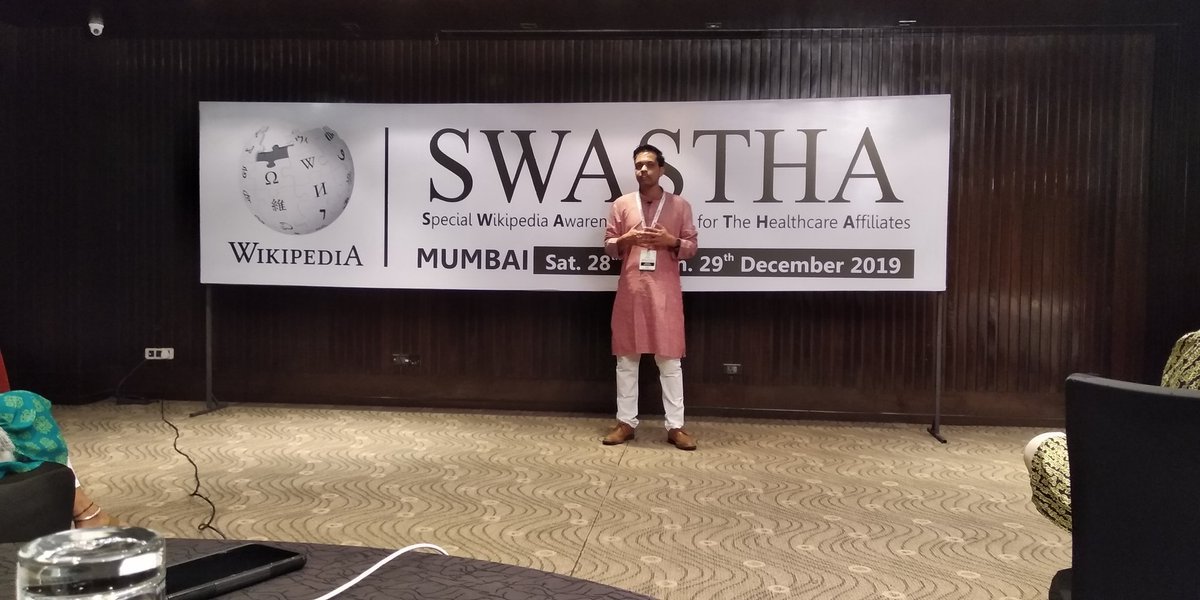
According to Abhishek Suryawanshi, founder and Director of SWASTHA, Wikipedia’s reach is 10 times more than the traffic received by the US Centers for Disease Control and Prevention (CDC) and World Health Organization (WHO) websites and 300 times more traffic than Indian government’s official website which puts all the way more onus on the company to share what’s useful for the people.
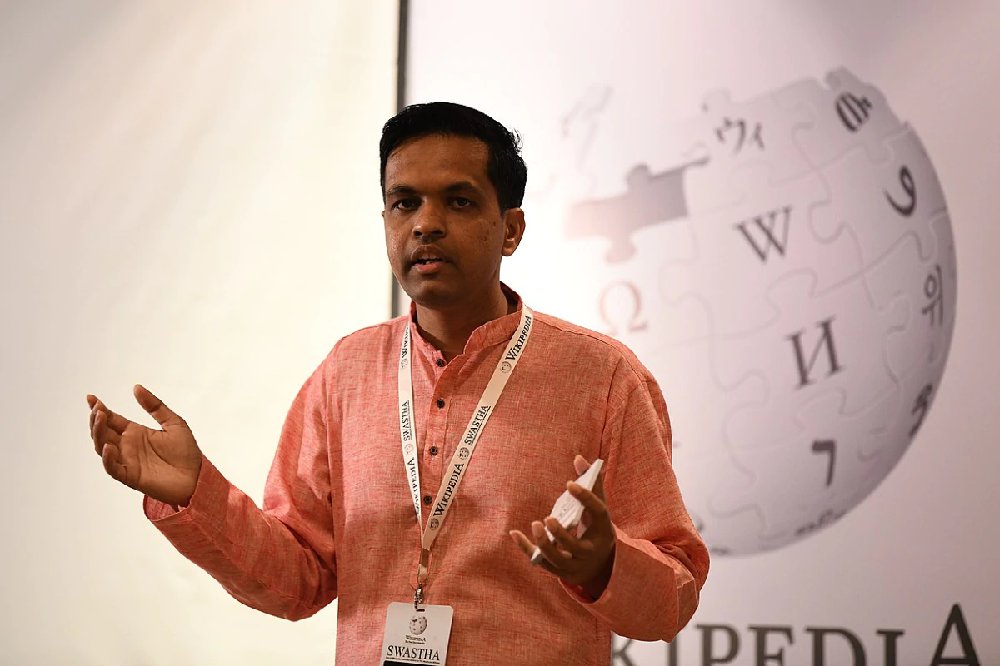
Wikipedia will collaborate with the Indian government to provide more reliable information. They believe that while Wikipedia as a platform can provide reach, the government can provide the information that is correct. We live in a country where misinformation is what most of the people know about, thanks to Whatsapp university. To start the spark, all you need is to send one message and spreading it becomes way easier.
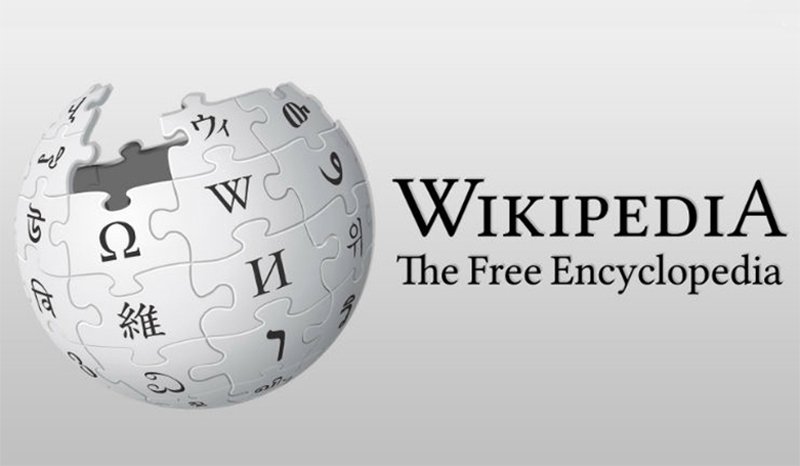
How can Wikipedia be helpful? For authorities as well as citizens Wikipedia’s language is very easy to use. WHO will have information about COVID-19, but Wikipedia has dedicated articles such as the COVID-19 outbreak in Maharashtra, Karnataka, and Uttar Pradesh. There are timelines for pretty much all these states.
There are three aspects, namely the virus, disease, and outbreak and Wikipedia focuses on all these three aspects and within those also there are subsections in local languages. So more emphasis is given on the local state and local languages, and local culture.
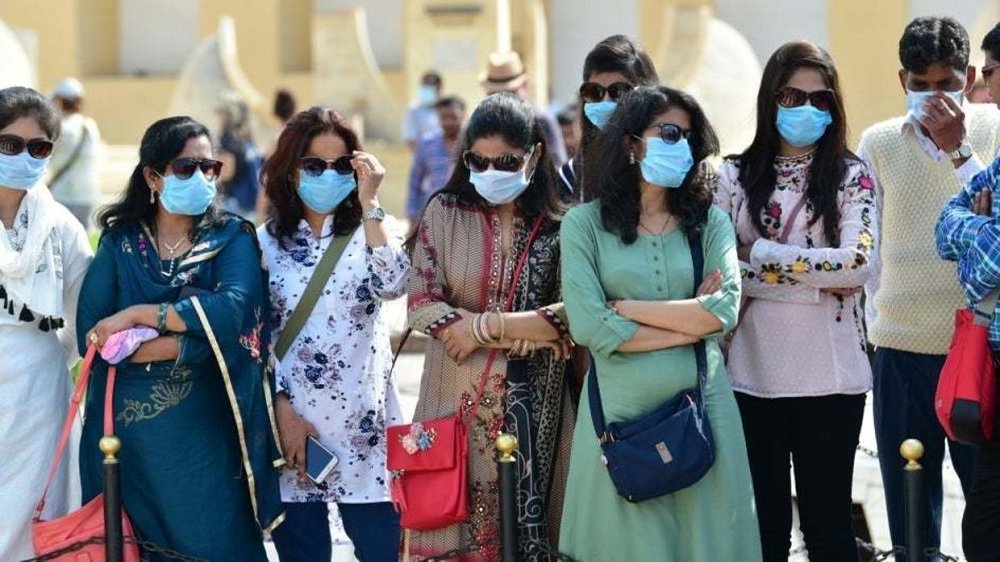
The company also aims at partnering with local universities. If they see something is wrong, or if they want to push it to a larger audience, they reach out to us because many physicians as well as officials, they have a lot of knowledge.
Wikipedia’s new initiative comes at a time when social networking platforms are taking various measures to counter fake news, rumours and hoaxes related to the Covid-19 pandemic. Facebook, recently has started giving unlimited ad credits to the WHO and announced investing $100 million in journalism to support accurate reporting.
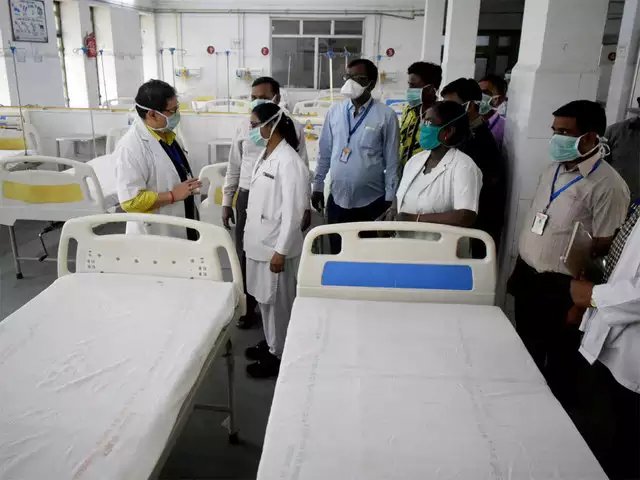
About $25 million of the total fund will be given for local news via the Facebook Journalism Project. About $75 million will be given in the form of “additional marketing spend” to global news organisations.
WhatsApp also pledged $1 million to combat misinformation related to the coronavirus pandemic. Google has not only launched a resource website for the Covid-19 pandemic but also pledged $800 million worth of support for health organisers, researchers and businesses.
Well, this seems to be a good start. Doesn’t it?

















